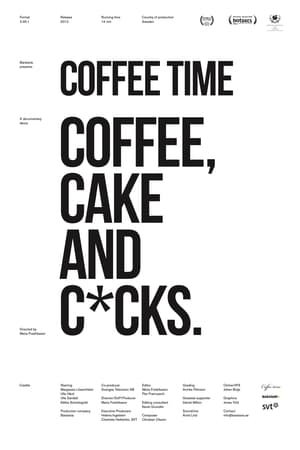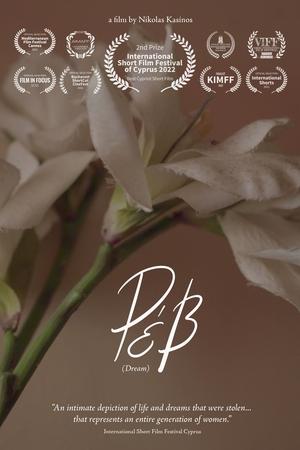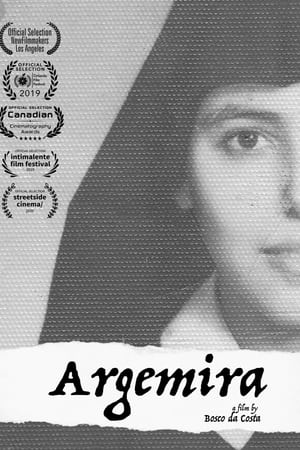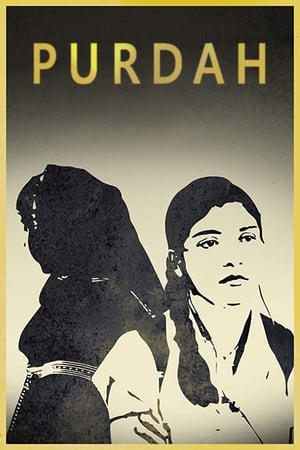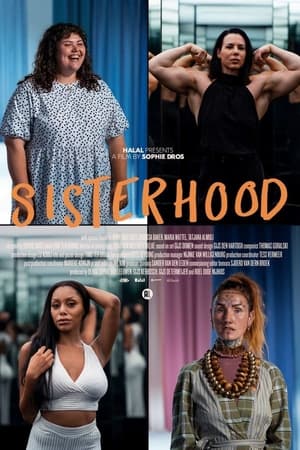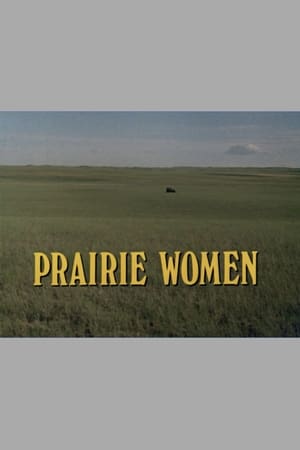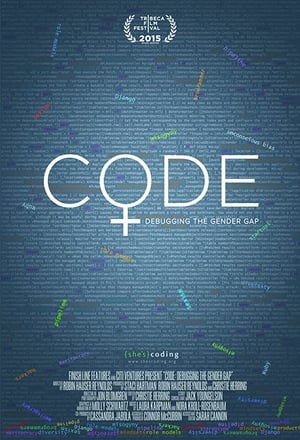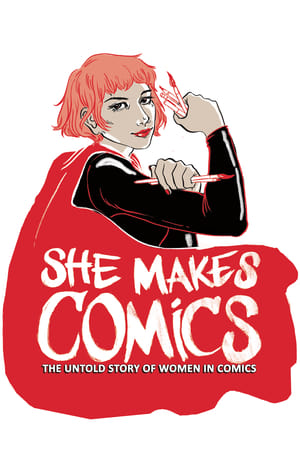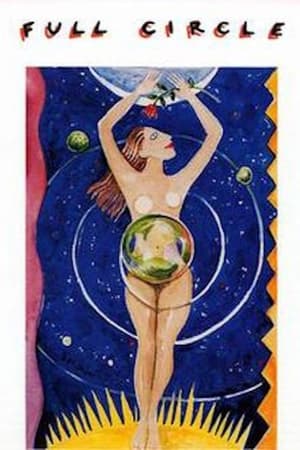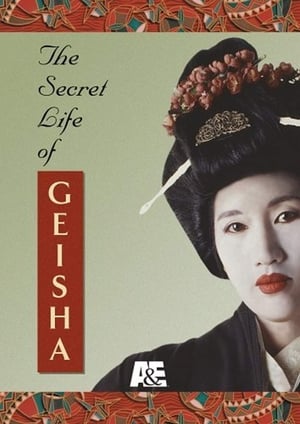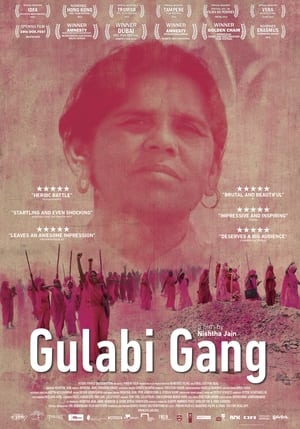Overview
They are clad in the religiously correct abaja, are not allowed to drive and yet still go their own way with confidence. In pioneering work, a new generation of women in Saudi Arabia are fighting for positions as politicians, lawyers, editors-in-chief and entrepreneurs for the first time. A documentary about courageous women who are developing ideas about what the strictly conservative kingdom needs for its future.

 German
German
 0
0
 2016
2016
 Germany
Germany
